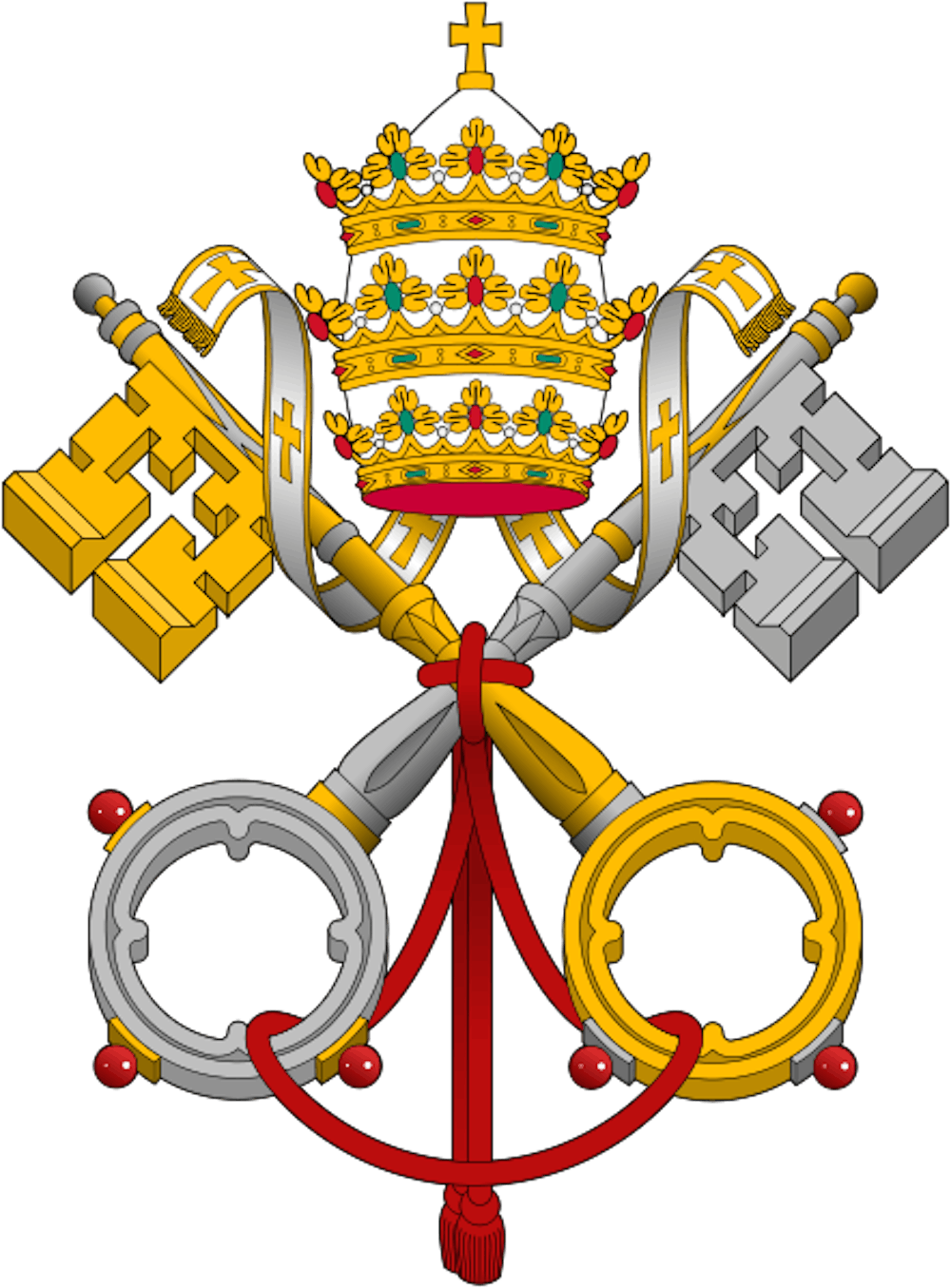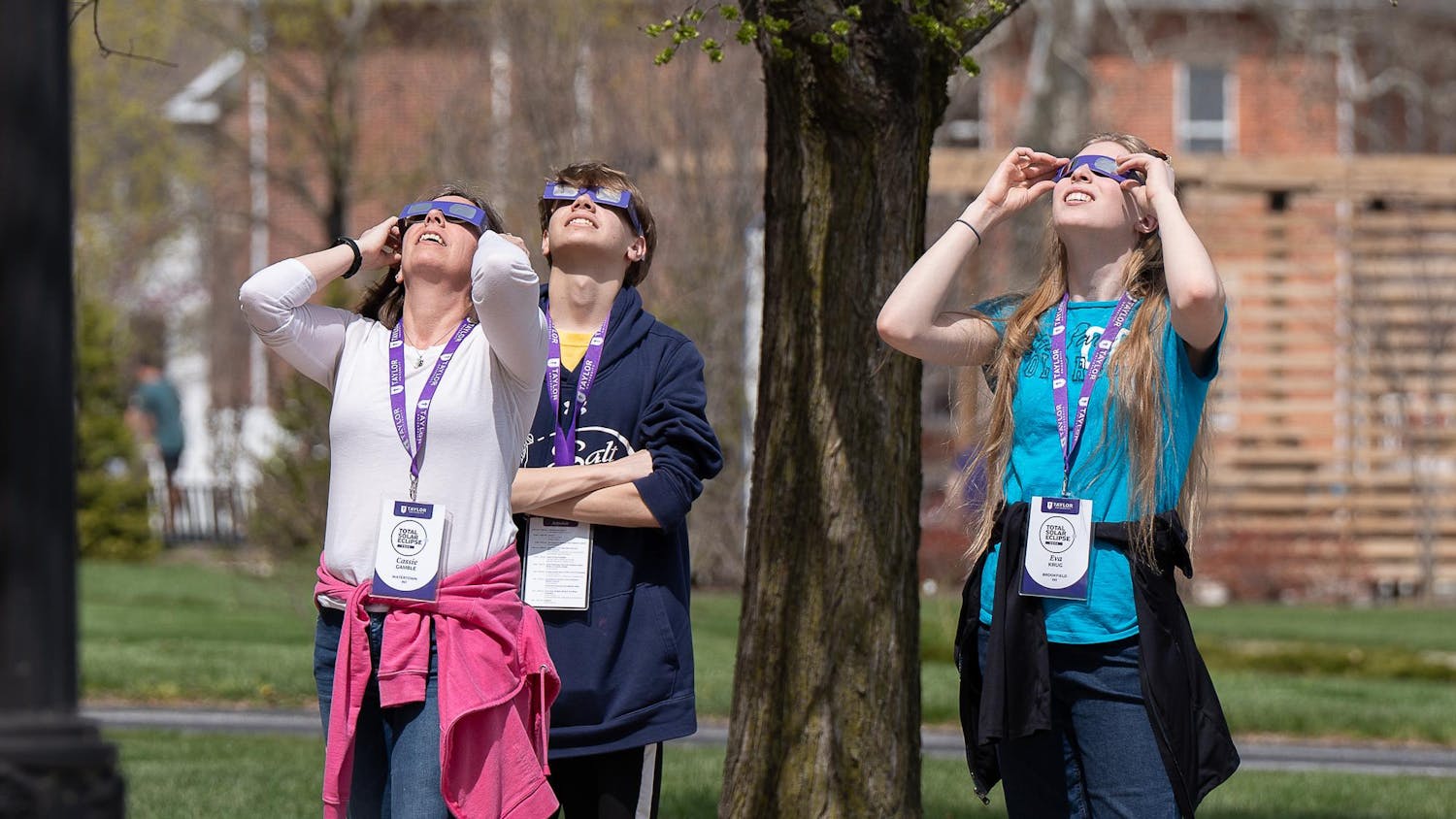By Alex Mellen & Rachel Vachon The Vatican chose its 266th pope of the Roman Catholic Church Wednesday, according to The New York Times. Cardinal Jorge Mario Bergoglio (pronounced Ber-GOAL-io) chose the name Pope Francis I after St. Francis of Assisi, the patron saint of Italy, according to NBC.
Pope Francis, previously the archbishop of Buenos Aires, Argentina, is the first pope chosen from Latin America and the first pope from the Jesuit order, the Huffington Post said. He is also the first non-European pope in 1,300 years, according to Reuters.
He replaces Pope Benedict XVI, who, at 85, was the first pope to resign from the papacy in nearly 600 years, according to Reuters.
At 76, Pope Francis' age came as a surprise to some. Even though he was older than most contenders for the papacy and had a lung partially removed more than 50 years ago, the Vatican reported he is in good health at present.
[caption id="attachment_2799" align="alignright" width="505"] Cardinal Jorge M. Bergoglio SJ later to become Pope Francis celebrating mass at the XX Exposición del Libro Católico 20th Catholic Book Fair in Buenos Aires Argentina[/caption]
Cardinal Jorge M. Bergoglio SJ later to become Pope Francis celebrating mass at the XX Exposición del Libro Católico 20th Catholic Book Fair in Buenos Aires Argentina[/caption]
After the election, Pope Francis addressed the gathered crowd from St. Peter's Basilica, The New York Times reported. He spoke simply in Italian, thanking the people and asking them to bless him as he blessed them, an unprecedented and surprising act.
Pope Francis is well-known for his modest living habits and kindness to the poor, The New York Times reported. Instead of living in the diocese's mansion, he lived in a small apartment, rode public buses and cooked for himself.
At a hospital in Buenos Aires in 2001, he took a jar of water and washed the feet of 12 patients suffering from complications related to the AIDS virus, The New York Times reported. He told reporters "society forgets the sick and the poor."
Pope Francis holds staunchly conservative views, supporting Vatican stances on gay marriage, abortion and other issues.
In public addresses, he exuded humility and compassion. As he conducted his first public Mass Thursday, he also reminded the Church of its need to stay committed to Christ above any distractions or conflicts.
"We can walk all we want," he said. "We can build many things, but if we don't proclaim Jesus Christ, something is wrong. We would become a compassionate NGO (nongovernmental organization) and not a Church, which is the bride of Christ."
Instead of the familiar grandeur of the papacy, Pope Francis intends to focus on humility and simplicity, Reuters reported. He also plans to focus on poverty and social problems, trying to lead by example as he sets examples for the bishops and cardinals.
"When we walk without the cross, when we build without the cross and when we proclaim Christ without the cross, we are not disciples of the Lord. We are worldly," Pope Francis said.
"I have great admiration for his great humility, his simple, everyman manner," said Argentinian Father Guillermo Spirito in a report by Reuters. "The last time I was with him was in 2010, and he told me that St. Francis was a paradigm of how to live the gospel."
The choosing of a pope from South America represents a benchmark of Catholic growth in the continent. According to The New York Times, Catholic growth in Latin America and the Caribbean has more than quadrupled in the past century and is almost double the Catholic population in Europe.
ThePew Forum on Religion and Public Life said the Latin American Catholic population represents 39 percent of the global population. This is more than 400 million people and more than 70 percent of the Latin American population.
Despite all of Bergoglio's good work in Argentina, controversy during the "Dirty War" in Argentina from 1976-1983 still shrouds him, according to the Los Angeles Times. Many thought he could have done more to help the roughly 30,000 Argentines killed during that time.




